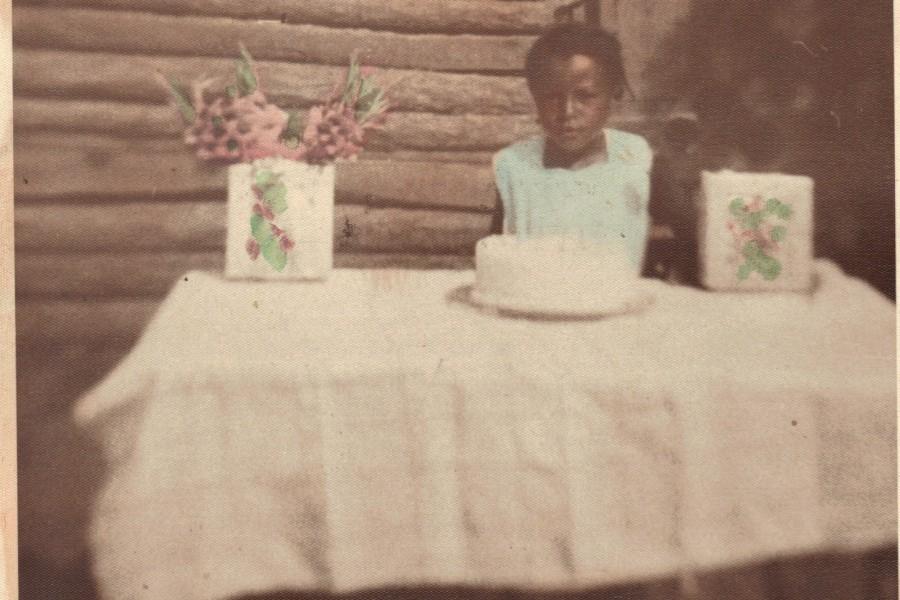No electricity. No running water. No bathroom. No central heating or air condition. No telephone. No refrigerator. Only a battery operated radio, Kerosene lamps and a Wooden stove for heating and cooking that could only heat part of the room at one time.
For an African American woman growing up during a time where discrimination was common throughout most of the United States, this wasn’t a fairly new concept. And that African American woman happens to be my mother.
Growing up in a small town in North Carolina, these were the kinds of things she had to deal with. In order to have water to drink or cook with, she had to carry it home from a spring about two miles away. If there was a need to “go”, the woods were the bathroom, leaves were the toilet paper, and not until she was around six did her family acquire an outhouse.
Her aunt worked for a family of Caucasians, and sometimes she would accompany her aunt there. “I didn’t know about discrimination until I went to school. I’d go with my aunt to the white people’s house and play with the white kids and I didn’t know the difference between me and them because they treated us all the same.”
Not until she started going to school did she realize that she was different. When she was growing up, schools were segregated. Just about everything was. There was usually a ‘colored’ side and a ‘white’ side to most things—movie theaters(where African Americans had to sit in the balcony), water fountains and lunch counters. African Americans weren’t allowed to buy Cadillac’s either, even if they had the money.
When she grew older, she became a life insurance agent. When she first started out and would call people over the phone to get appointments, they didn’t pick up on her southern accent or realize that she was African American. So sometimes, when she showed up for appointments, she would get the door slammed in her face.
But she didn’t let that stop her.
“Even though I was black and a woman, I was the leading black agent in the South because I worked twice or three times as hard as the white agents. I was recognized in the company’s annual magazine and I won all the trips because I was willing to see enough people to generate the sales. It was like a rags to riches story for me. I was poor and had nothing. When I was selling life insurance, I had four houses, two cars, and money in the bank.”
Others like her adopted this mindset. Like Benjamin Banneker, who created the first clock in America, or Garrett Morgan who invented the first traffic signal. They did not let the thoughts of the era hold them back.
“If you follow the plan of what it takes to be successful, you can be successful despite the discrimination.”


